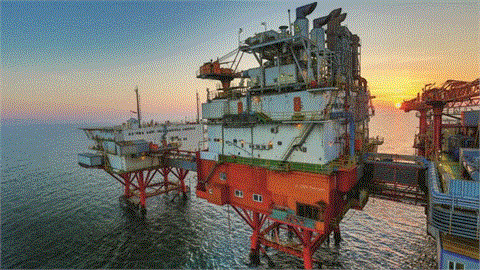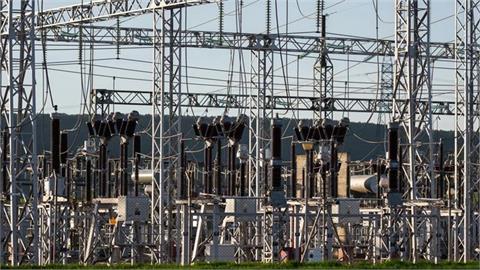European Climate Action and Energy Commissioner Miguel Arias Cañete and Germany’s Economic Affairs and Energy Minister Peter Altmaier on 24 June exchanged views on climate neutrality objectives and discussed growth opportunities arising from the modernisation and transition towards a climate neutral economy.
Cañete wrote in a tweet that he had a "constructive meeting” with Altmaier to "finalise an ambitious German integrated national energy and climate plan and to pave the way for a deal on Climate Neutral EU by 2050.
The European Commission’s strategic long-term vision for a prosperous, modern, competitive and climate neutral economy by 2050 – A Clean Planet for all shows how Europe can lead the way to climate neutrality by investing into realistic technological solutions, empowering citizens, and aligning action in key areas such as industrial policy, finance, or research – while ensuring social fairness for a just transition.
The summit of the 28 national EU leaders in Brussels on 20 June failed to reach consensus for the Commission’s proposal for a 2050 net-zero target after some countries led by Poland blocked the proposal. However, Germany supports the commitment to decarbonization by a specific date.
"Energy transition is one of the largest modernisation projects for enhancing Germany’s attractiveness for business and investment,” Altmaier said earlier this month.
On 6 June, the Federal Cabinet approved the Second Progress Report on Germany’s Energy Transition submitted by Altmaier. The report provides an overview of the current status of the implementation of the Federal Government’s Energy Concept, focusing on the implementation of Germany’s energy goals and future plans.
Cañete is in Germany to present the Commission’s long-term vision for a climate-neutral economy by 2050, adopted by the Commission last November.
The Commissioner was also expected to meet with German’s Environment Minister Svenja Schulze, focusing on the importance of ambitious and rigorous National Energy and Climate plans to maintain the EU leading position in the fight against global warming. According to the Commission, discussions were also expected to cover Energy Union governance process specific points, the Emission Trading System, carbon pricing and nuclear energy.
This visit is part of a number of country visits by the Commissioner aimed at discussing the Commission’s long-term vision with the Member States, in order to identify the most cost efficient and socially fair measures and policies to deliver on the Paris Agreement temperature goals.
(www.neweurope.eu)



